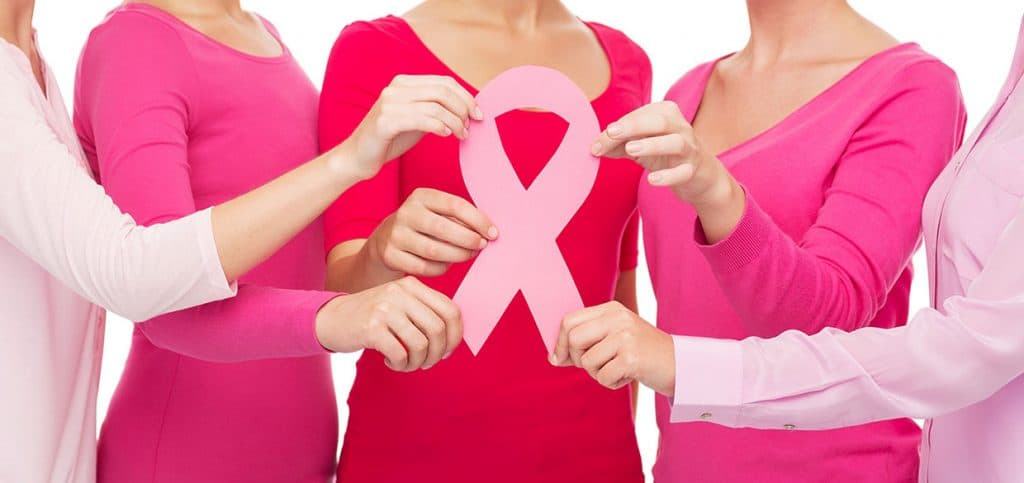Indian women face huge risk of breast cancer, according to recent research that highlights how cultural and religious issues hamper their access to health services. As many as 70,218 Indian women died of breast cancer in 2012 and the number of deaths due to the disease is estimated to go up to 76,000 in 2020, according to researchers at University of Portsmouth in the United Kingdom.
Several factors that delay diagnosis make women more prone to risks of breast cancer, including their unwillingness to consult male doctors, giving priority to family obligations over their own health, and over-dependence on family members to get medical help.
Effect of Patriarchal Society
“India is still a patriarchal society. Although women are now in responsible jobs and earning for their families, it’s the men who are the head of the household,” said Judith Fletcher-Brown, from the University of Portsmouth, IANS reported. Even educated professional women do not discuss private matters about their bodies with their husbands, fathers or brothers, she added, pointing towards the need to direct health messages towards men.
The study also found that the average age of incidence of breast cancer is moving to 30 years from 50 years, and that breast cancer is the most diagnosed type of cancer among women in Indian urban areas. The reasons, according to the research, include women’s tendency now to have children at a later age, less breast feeding, and more consumption of western diet, which leads to obesity, all of which increase the risk.
The findings are in tune with those of other recent studies.
Stigma Around Women’s Cancer
Many women in the United Kingdom belonging to South Asian backgrounds hide their cancer because of the stigma attached about the disease, BBC reported earlier this month. The perceptions among women, according to the publication, ranged from fear of losing hair due to chemotherapy; to trepidation about the effect the what impact the disclosure would have on their children’s lives, such as decreased marital prospects; or even hesitation to go for a smear test for the fear of being “defiled” or be considered “no longer pure”.
Pooja Saini, the lead researcher at CLAHRC North-West Coast, a research arm of the NHS, told the publication that the influence of men and elders in the family may be contributing to the issue. “If they didn’t think women should go for screening, then they didn’t go,” she was quoted as saying.
In 2014, research from Bridgewater NHS found that Asian women aged between 15 and 64 years had a significantly reduced survival rate for breast cancer of three years, the BBC report added.
Need for Genomic Profiling
Research findings released by bioinformatics firm Strand Life Sciences Ltd in July had pointed out that hereditary breast and ovarian cancer cases are on the rise in India, and the incidence is three times more than that in western countries.
“Breast cancer gene mutations in the Indian population are three times more in India than in the western world due to inherited genetic disorders,” the study, published in the Journal of Human Genetics, had found. According to the report, 72 per cent of the first degree relatives (parents, children, siblings) of cancer patients studied tested positive for the same mutation responsible for the cancer in the family.
“We have seen breast cancer patients as young as 20 years of age. If a genomic profiling is done on them, we can know if their cancer is hereditary and advise other family members to take the test,” Strand Chief Medical Officer Sudhir Borgonha was quoted as saying by IANS.
The firm’s chairman and managing director Vijay Chandru had stressed then that genetic profiling was a game-changer and that new genomic technologies would bring in better preventive and personalized healthcare.
